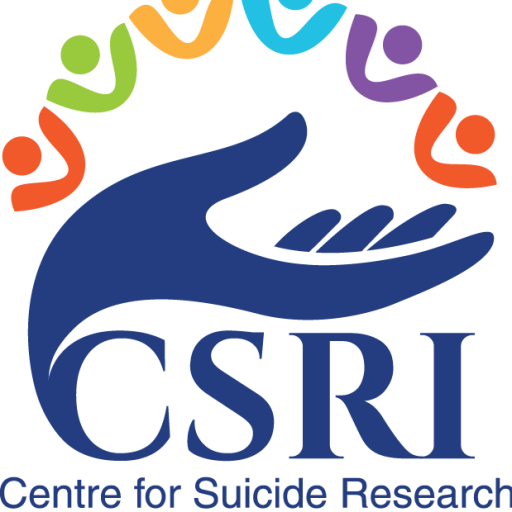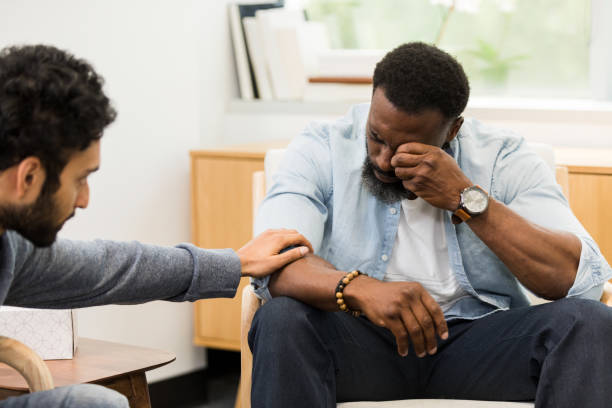How Families and Friends Can Offer Meaningful Support to Suicide Loss Survivors
Losing a loved one is hard! It is even harder when you lose one abruptly through suicide. This kind of loss brings about a complicated and heavier type of grief. One filled with sadness, guilt, shame, blame, and a million questions with zero answers. Being alone can make one sink into a deeper emotional hole in moments like this. It is important to have friends and family around to offer support while grieving a suicide loss. The friends and family can provide support by:

- Help physically. A grieving individual gets easily overwhelmed by some of their daily tasks, such as cooking and cleaning. Their efforts and emotional energy are focused elsewhere, and everything else piles up. Family and friends can take over tasks such as household errands and any other physical help they can offer in order to put the suicide loss survivor at ease as they deal with their loss.
- Be present. Sometimes, just being there is enough! Availing yourself to a friend experiencing suicide loss and needing the consolation of a human touch goes a long way in helping their grieving journey. While there, listening to them and acknowledging the suicide survivor’s emotions makes them feel seen, and this puts them in a position to reach out for help whenever they need it.
- Validate their feelings. Only the suicide loss survivor understands the extent of their loss. Therefore, when they reach out to talk, the best thing to do to support them would be to validate their feelings. Listen and tell them, try to understand, acknowledge their needs, and assure them that their emotions are justified. Sometimes, all one needs is to be heard.
- Encourage professional help. Grief is complicated; sometimes, it takes more than a handful of people to begin proper care. Professional grief counseling pairs the survivor together with a therapist who will help them work through their issues and loss.
- Respect their healing process. There is no specific timeline for healing. Some survivors take less time than others, and rushing one to get through their processing can set them back a couple of steps. It is important to be understanding and encouraging and give a suicide loss survivor as much time as necessary until they are ready to heal.
- Be on the lookout for signs of mental distress. Suicide loss survivors are at risk of developing suicidal thoughts or being depressed during their grieving period. Therefore, it is crucial to learn the difference between worrying behavior and a grieving response to offer the best support to them.
There is no limit to how family and friends can step up and support suicide loss survivors; find a way that works for the person experiencing the loss and support them in that way. The goal is to leave our loved ones better than they were immediately after they experienced the loss. However, it is also okay to acknowledge that there are others (professionals) who can do more than what friends and family can do and give them the opportunity when it presents itself. At the Centre for Suicide Research and Intervention, we have support groups for suicide loss survivors; email us at info@csricentre.org to join a support group or to speak to a therapist.



